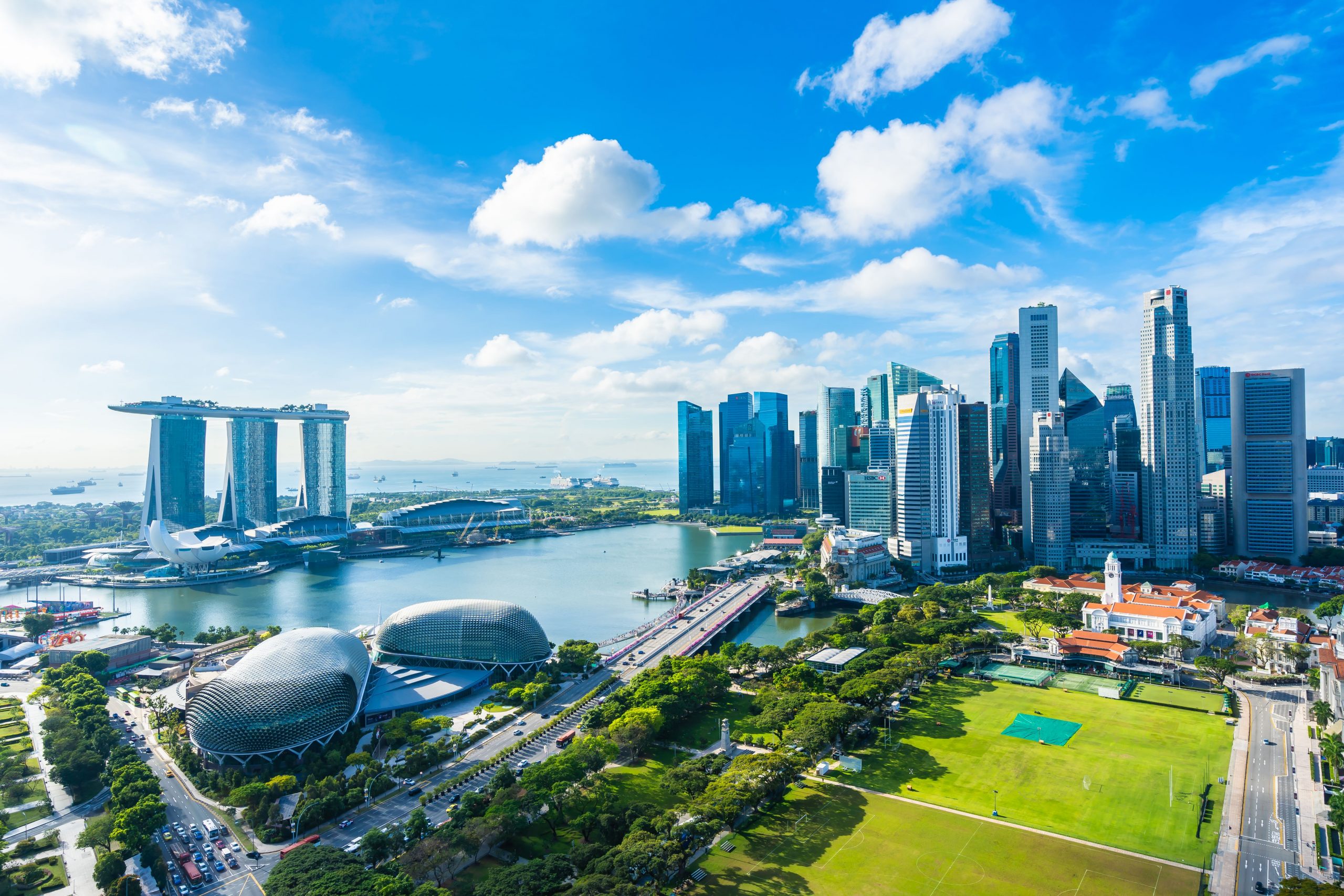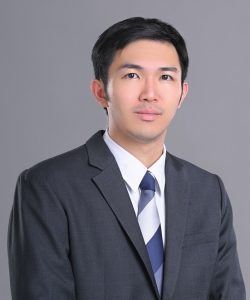



There is an increasing momentum for promoting decarbonization in ASEAN, which was originally said to be lagging compared with other regions.
Regarding the systems to promote the development of decarbonization projects, the study and implementation of carbon pricing are in full swing. In enforcing enforceable carbon pricing, Singapore was ahead of other ASEAN countries in implementing a carbon tax system in 2019. Indonesia has followed suit with an intensity-based Emissions Trading System (ETS) targeting coal-fired power generation. Many other ASEAN countries have also announced their consideration of the introduction of carbon taxes and ETS.
Regarding project development, large-scale project development is accelerating. For example, in Malaysia, the Final Investment Decision (FID) of a large Carbon Capture and Storage (CCS) project (Kasawari) has been completed, and the project has moved into the construction phase. The scale of the project is expected to reach 3 million tons of CO2 per year. Considering that the size of one of the largest existing CCS projects in Japan, the Tomakomai CCS Demonstration Project, is equivalent to 200,000 tons per year, it could be said that the size of the Kasawari CCS Project is quite remarkable.
The background for the acceleration of decarbonization projects in ASEAN stems from international community pressure, driving both the public and private sectors of ASEAN to commit to achieving decarbonization targets.
In the public sector, this commitment is exemplified by a series of net-zero declarations by ASEAN countries, starting with Indonesia’s net-zero declaration by 2060 in June 2021, complemented by initiatives such as Repsol SA’s 2020 Sustainability Plan for Indonesia.
In the private sector, it is also due to the increasing pressure from large global companies to achieve decarbonization of their global supply chains.
Beyond these factors, it is also important to note that in terms of project development resources, ASEAN boasts abundant natural resources. For example, forests account for the majority of voluntary credit issuance in ASEAN. This is backed by abundant forest resources, led by Indonesia, which has the third-largest forested land in the world[1].
In addition, offshore wind power, which has been attracting attention in recent years as a trump card for the diffusion of renewable energy, shows promising potential in Vietnam and the Philippines despite the limited number of countries and areas where it can be developed. Notably, there is a high potential for “bottom-fixed” type wind energy in the two countries, which is superior to “floating” type in terms of feasibility, and many foreign companies are exploring opportunities in Vietnam for upcoming large-scale projects.
As mentioned above, ASEAN is a region where the development of decarbonization projects is progressing, with a background of abundant natural resources.
One of the characteristics of project development in ASEAN is the deep involvement of foreign companies in the consortium. The background to this is the need for foreign companies to fill a role that cannot be filled by their own countries, both in terms of funding and technology. Notably, the contribution of Japanese companies is extremely high.
In fact, the Joint Crediting Mechanism (JCM), which began operating in 2015, and the AZEC initiative, which was proposed in January 2022, positions ASEAN to be the core partner and aim to share the fruits of decarbonization by providing Japan’s excellent decarbonization technologies with ASEAN companies. Against the backdrop, it is expected that “decarbonization” will be an opportunity to strengthen ties between Japan and ASEAN.
IGPI Singapore has experience supporting clients with market research and developing market entry strategies in a wide range of decarbonization-related topics in ASEAN.
Below is a sample of areas where we have assisted in the past.
◆ Renewable energy (solar, wind (including offshore), biomass, geothermal, hydro)
◆ Hydrogen and ammonia
◆ Carbon Capture, Utilization, and Storage (CCUS)
◆ VPP/DR
◆ Carbon credits
◆ Green finance
To find out more about how IGPI can provide Japanese consulting support for businesses in Singapore and the region, browse through our insight articles or get in contact with us.
[1] Renature “Insights on Indonesia” (2020)

Mr. Tatsushi Sasakura is a Senior Manager of IGPI Singapore. Tatsushi has worked at Mizuho Bank and Deloitte Tohmatsu Financial Advisory (DTFA) in Japan. At DTFA, he belonged to the Corporate Strategy team, specializing in business strategy planning, M&A advisory, and business due diligence. He was also engaged in crisis management, supporting clients to tackle emergencies. He has profound experience in the energy, consumer, and financial industries. He covered a wide range of clients, including Private Equity Funds and large-sized companies. Tatsushi graduated from Waseda University with a B.A. in International Political Science and Economy.
Industrial Growth Platform Inc. (IGPI) is a Japan-rooted premium management consulting & investment firm headquartered in Tokyo with offices in Osaka, Singapore, Hanoi, Shanghai & Melbourne. IGPI was established in 2007 by former members of Industrial Revitalization Corporation of Japan (IRCJ), a USD 100 billion sovereign wealth fund focusing on turnaround projects in Japan. IGPI has 13 institutional investors, including Nomura Holdings, SMBC, KDDI, Recruit & Sumitomo Corporation, to name a few. IGPI has vast experience supporting Fortune 500s, government. agencies, universities, SMEs, and funded startups across Asia and beyond for their strategic business needs and hands-on support across a wide variety of industries. IGPI group has approximately 7,500 employees on a consolidated basis.
* This material is intended merely for reference purposes based on our experience and is not intended to be comprehensive and does not constitute as advice. Information contained in this material has been obtained from sources believed to be reliable, but IGPI does not represent or warrant the quality, completeness and accuracy of such information. All rights reserved by IGPI.